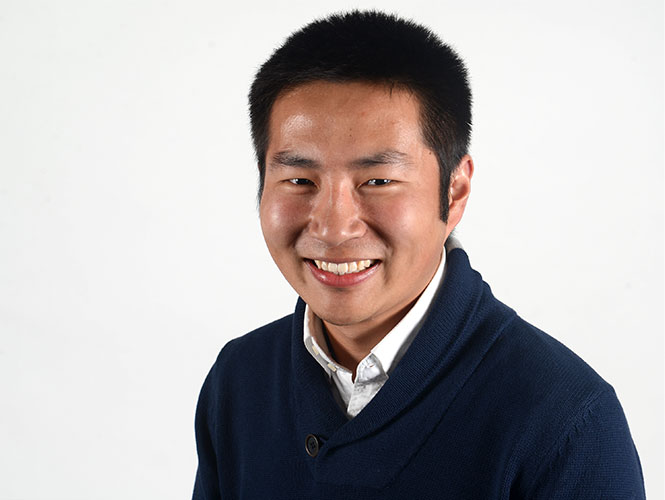Opinion: Japan’s Prime Minister disrespects WWII victims
Haoran Li is a sophomore communication studies major and a columnist for the Daily Kent Stater. He can be reached at [email protected].
World War II has been referred to as “The Good War,” during and after which humanity brought evil to justice. These evils were trialed in Nuremberg in 1945 and Tokyo in 1946. There is no doubt that the victory of America, Britain, China and other countries that suffered the torture of the war were evidence proving that human dignity could not be upheld amid mass violence. However, Japanese Prime Minister Shinzō Abe, did not respect this dignity when he visited Yasukuni Shrine, which houses the remains of A-class criminals from World War II. Not only did Abe visit Yasukuni Shrine, but he also commented that visiting Yasukuni was no different than the American president’s visit to Arlington National Cemetery, according to the National Interest.
The director of Asia Policy Point Mindy Kotler said, “Yasukuni is about rejecting the judgments of the Tokyo War Crimes Tribunal. Many Japanese still believe that Imperial Japan should not be subject to the rules or values created by the West.”
It is not only about rejecting the judgments of the Tokyo War Crimes Tribunal but also about rejecting the notion to rethink its history.
What if German chancellor Angela Merkel were to give her homage to Hitler? There would be an up-roar, and it is obvious that the German chancellor would never do such a thing—older generations may recall Germany’s then-president, Willy Brandt, in 1970 when he kneeled out of respect in front of the Jewish people’s grave in Poland.
In contrast, Abe has shown a lack of reference to history; he blamed other countries at the World Economic Forum in Davos, Switzerland recently, saying, “We must, ladies and gentlemen, restrain military expansion in Asia which could otherwise go unchecked.” However, he is also in support of rectifying Article 9 of the Japanese constitution, published with the help of the U.S, which says, “Aspiring sincerely to an international peace based on justice and order, the Japanese people forever renounce war as a sovereign right of the nation and the threat or use of force as means of settling international disputes.” On one hand, he is willing to rectify Article 9, but on the other hand, requires other countries to restrain their military development. It is not only a challenge to Asia but also to the world and especially American competition.
On Jan. 23, the Wall Street Journal reported that U.S. officials claimed to be seeking assurances from Japan that Prime Minister Abe won’t repeat a visit to a war shrine.
These events cannot be used to generalize Japanese citizens, because their government does not represent their views. I believe that unlike their prime minister, they still love peace. However, the Yomiuri Shimbun poll shows Abe cabinet support rate was 62 percent on Jan. 13. They, like many countries, must realize the importance of rethinking their history.



